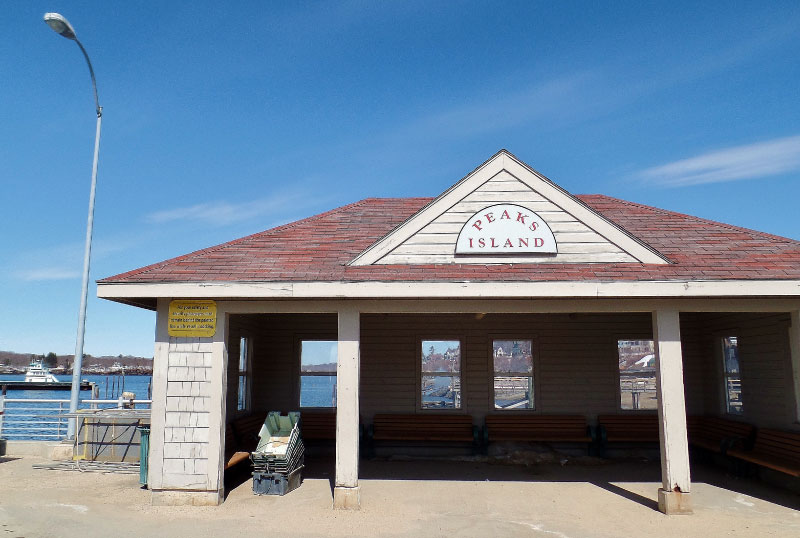This post is from Paul Fox of Peaks. He provides an update on the work going on with the Peaks Island Community Energy Action Team (CEAT), one of five teams pioneering intergenerational education and leadership around energy issues in seven year-round island communities in Maine.
Peaks is one of a number of Maine islands to have formed Community Energy Action Teams with financial support from the EPA through the Island Institute. Our team has named itself the Peaks Energy Action Club (PEAC), and looks forward to addressing some of the energy challenges identified here on Peaks Island. Our mission is to provide informational resources to our community about energy efficiency and renewable energy options. The Island Institute has provided us with educational materials and state-of-the-art tools to help us investigate local energy projects of our own choosing.
The Peaks Energy Action Club (PEAC) is a volunteer, intergenerational group which is currently meeting about every two weeks in members’ homes. Our coordinator is Michelle Brown. Other participants include Paul Fox, Jubal Kessler, Andrew Jackson, and Sam Saltonstall.
In order to receive grant funding, we have voted to come under the fiscal sponsorship of PEAT, the Peaks Environmental Action Team, a 501C(3) nonprofit group which has welcomed us as one of its initiatives. The Community Energy Action Teams have access to a $25,000 mini-grant fund for implementing community-focused efficiency and renewable energy projects.
Our work must have a strong educational component. One of our first goals is to work with Peaks Island Elementary School to bring hands-on experiences to interested island children, as the school works to become more energy efficient and possibly join a solar emergency shelter pilot program.
Our grant has been been approved and our project to produce energy models for the library and the school has been fully funded. The models will detail where and how much energy is being used, and the costs to the community, and provide examples of cost effective ways to improve energy efficiency in those buildings. By recommending building envelope and heating system measures that represent the most affordable alternatives, these energy models will enable the library and school to achieve maximum energy efficiency. And also save taxpayer money.
It is our hope that providing this information to the residents and visitors of Peaks Island will provide a stimulus for awareness and dialog around energy issues and action.


